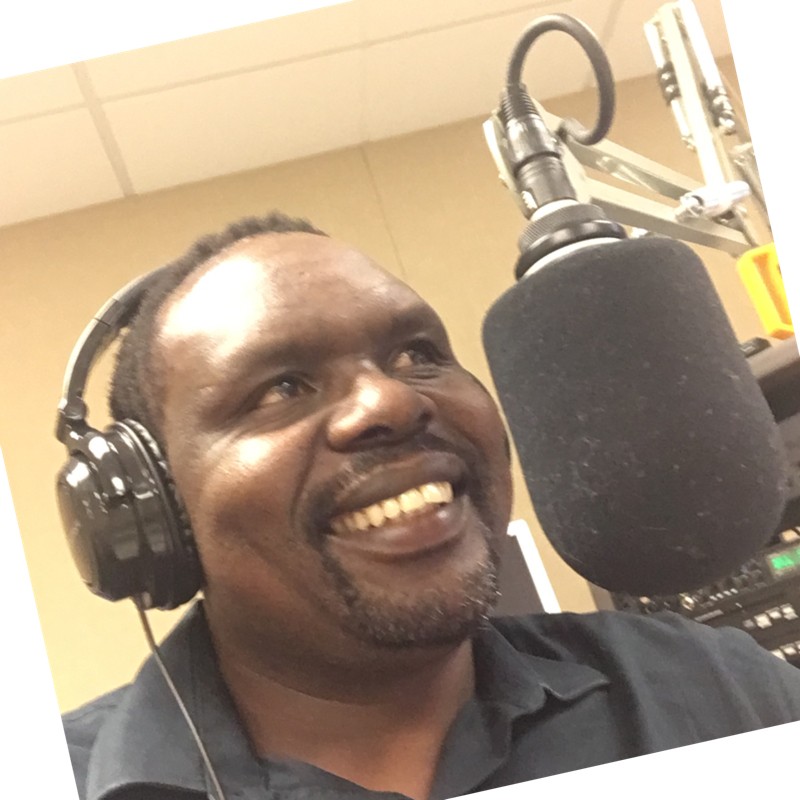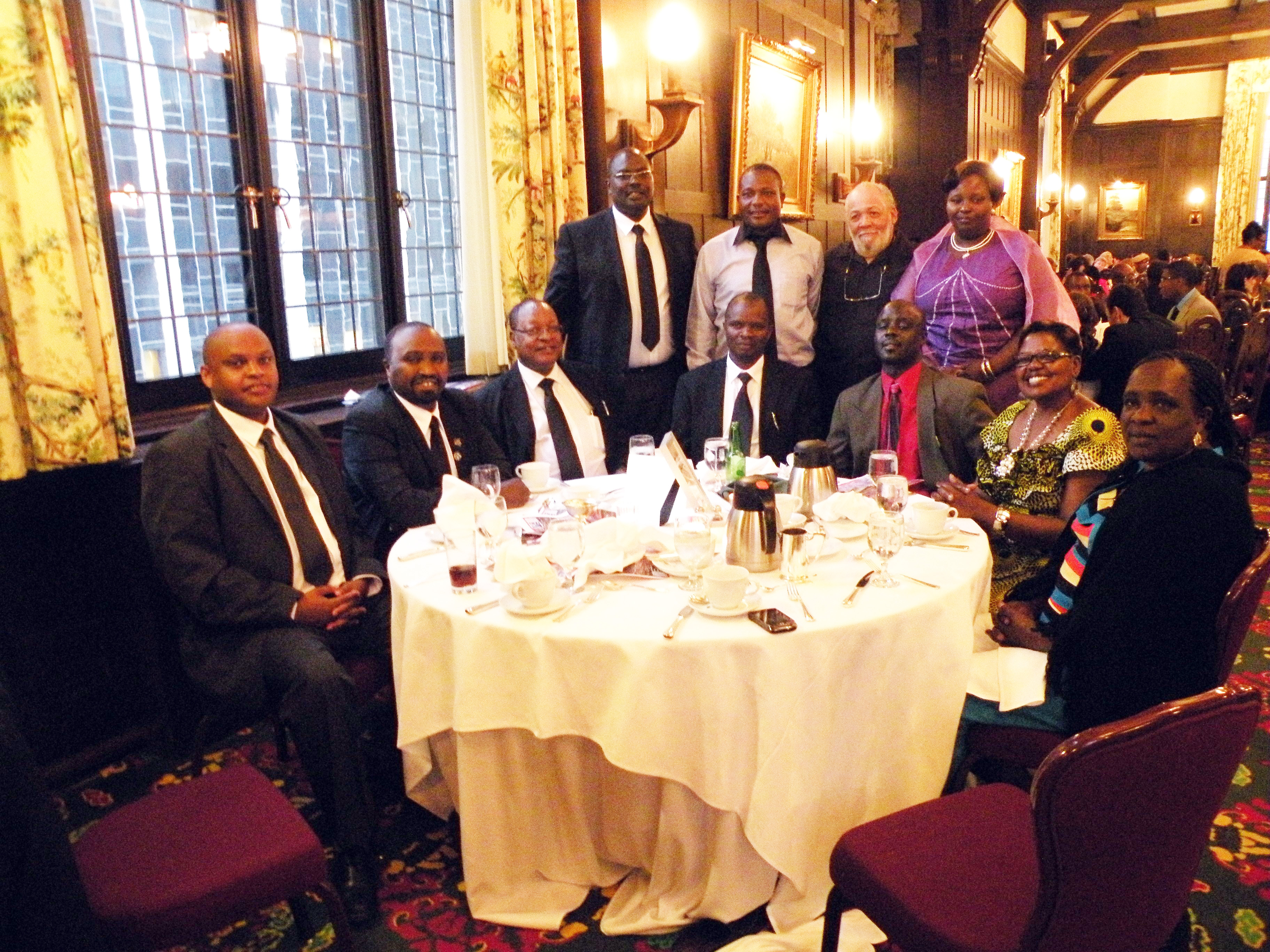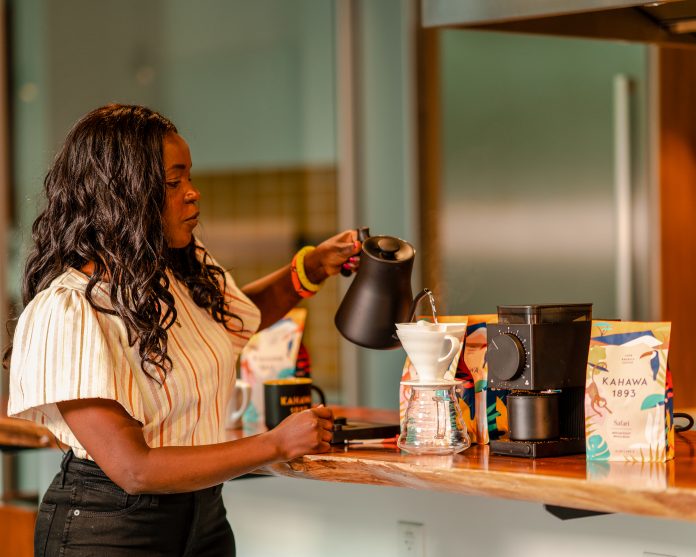

Margaret Nyamumbo wants the world to know that the story of coffee cannot be complete without acknowledging the role African women play in the farming of one of the world’s most famous crops.
It is a story she knows firsthand, but one that isn’t often told, she said. She is telling the story by introducing specialty Kenyan coffee to the world through her company, Kahawa 1893, which she founded in 2018. The idea occurred to her when she was living in New York. While exploring what she calls the “the vibrant specialty coffee scene” there she noticed something that troubled her: Although Kenya, her country of birth, is considered the best in the world for production of high-quality coffee, there wasn’t a brand that was recognized internationally as representative of the East African country.
“Imagine if France didn’t have a French wine brand,” Nyamumbo said.
At the time, Nyamumbo, a graduate of Harvard Business School, was working as an investment banker on Wall Street, retail companies. As she learned more about how the companies used supply chain to move products from origin to retail shelves, she became more convinced that she could make her idea of elevating Kenyan coffee to the prominence it deserves come to fruition.
Kenyan coffee is consistently rated among the top five best coffees in the world because it’s grown on high altitude, which allows beans to develop slowly with more nutrients than coffee grown in lower elevations, giving it a unique taste with “powerful wine-like acidity and sweet fruity notes,” according to Intercontinental Coffee Trading.
Today, Nyamumbo is one of only a handful Black entrepreneurs who have defied the odds to venture into the roasted and packaged coffee industry dominated by people of European descent. The main reason there aren’t many Black people in the trading of a crop that is inherently African is the lack of capital. It’s not clear how much capital Black entrepreneurs in the coffee sector have access to, but generally it’s difficult for ideas of businesspeople of African descent to get seed funding. Available data shows that in 2020, U.S. companies founded by Black people received a measly 3 percent of the nearly $150 billion in capital that was issued by investors. According to U.S. Census data, about 10 percent of American companies are Black-owned. Of those, only 21 percent are owned by Black women like Nyamumbo, who use their savings, and modest loans from family and friends to launch.
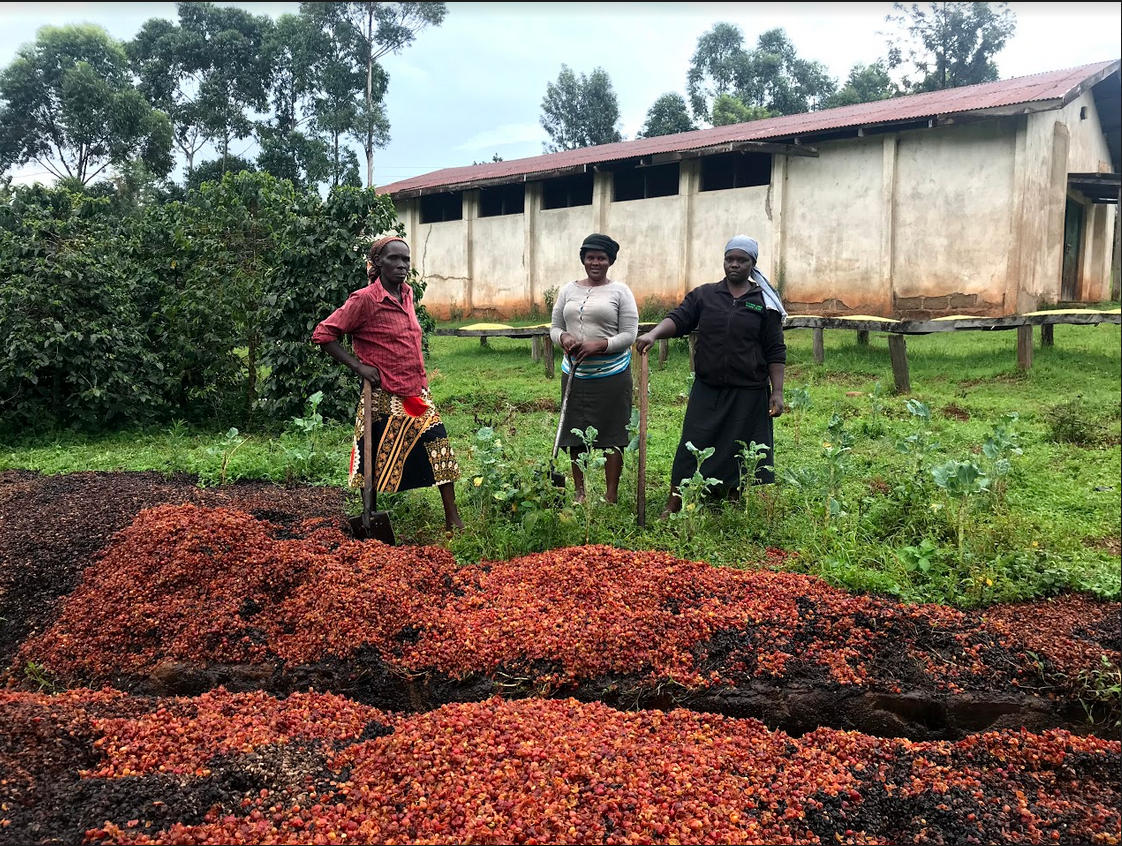
“If you want to do it, you got to do it yourself first and prove yourself, especially if you’re a person of color,” Nyamumbo said.
Nyamumbo’s resilience is paying off. In May, she made history as the first Black woman to have her brand of coffee displayed for sale at all 200 California stores of Trader Joe’s, the trendy supermarket chain. She is currently close to making a deal with Target, which has stores in all 50 states.
“What Maggy has done, building a business, knowing how difficult it is in an industry that is male-dominated, is impressive,” said Karen Nyawera, who has known Nyamumbo since 2011.
But Nyawera, who was born in Zimbabwe and is also a graduate of Harvard Business School, said she wasn’t surprised because of how long she has known Nyamumbo.
“Maggy’s ideas around Kenyan coffee were always something she talked about,” Nyawera said. “We would be walking the down the street in New York and she’d stop and look at coffee shops, saying that she wanted to do something similar with Kenyan coffee.”
Nyamumbo began experimenting with roasting Kenyan coffee in her apartment and inviting friends over to sample it and give feedback. She found a commercial roasting and packaging place and started distributing small badges of coffee to cafés in Brooklyn. She also hosted tasting events, which Nyawera attended to help and cheer her friend on.
“Throughout the process, Maggy always said she wanted to do it to help farmers,” Nyawera said.
For Nyamumbo, the desire to help coffee farmers was personal. It was so strong that she left Wall Street to launch Kahawa 1893. The 1893 in her company’s name indicates the year commercial farming of coffee, which has its origins in Ethiopia, began in Kenya by British colonists who grew it for export to Europe. Because of coffee’s status as a top-earning commercial crop, the British used it as a political weapon, allowing only a select population of Black Kenyans to grow it for cash.
The decree against Africans growing coffee was easier to enforce in areas around Nairobi, and in the Rift Valley, which was easily accessible from the capital. But in rural areas far from Nairobi, it was difficult for the British to enforce the laws. One such a region was the Gusii highlands of southwestern of Kenya.
Home to the Gusii people, who make up about 6 percent of Kenya’s population of 52 million people, the region largely remained untouched by the colonialism. Except for a few outposts that later grew into larger towns, Gusii people did not lose their land to European settlers, perhaps because the area is mountainous and therefore unsuitable for the large-scale farming that attracted the British to places like the Rift Valley. But the British conducted regular raids and rounded up Gusii men and forced them to work in labor camps in other parts of the country, including in coffee farms. Some of the men escaped and brought with them crops like coffee. Many Gusii people took advantage of the highlands’ seclusion and began cultivating coffee illegally and smuggling it into areas where Black farmers were allowed to grow.
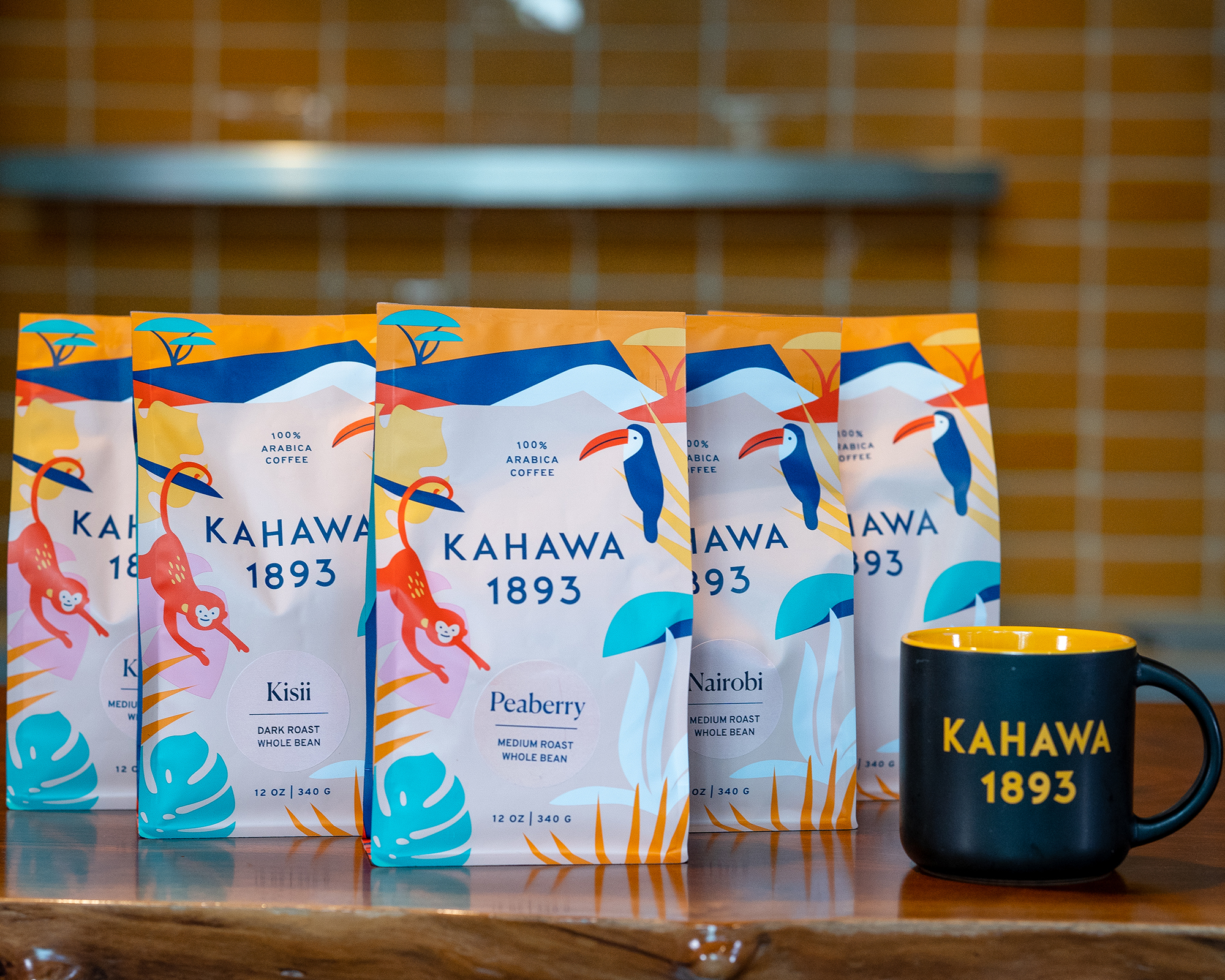
It was in those highlands that Nyamumbo was born, in 1987 in a village called Moromba. By then, Kenya had been independent for more than 20 years, and coffee had already been in her family for generations.
Speaking by phone from Kenya, her father, Daniel Nyamumbo, remembered his daughter being obsessed with helping out in the family’s coffee plantation, unusual in an area where many children hated farm work.
“Margaret was very passionate about picking coffee,” he said about the third-born of his six children.
Of all his children, Margaret was the one who had a natural knack for knowing the perfect coffee bean to pick.
“She just loved being in the fields,” he said.
Like his daughter, Daniel Nyamumbo enjoyed working in his family’s coffee plantation when he was a boy. But as he grew older, he learned that coffee farming was backbreaking work that did not pay well. It was even more difficult for women, who do most of the work, from tending to the young plants, to the harvesting and processing of the beans. He and his wife Hellen did not want their children to grow up and continue the peasantry life. They decided to break the cycle by ensuring that their children received university education and went into lucrative careers.
In the Gusii of those days, educating female children was not a priority. According to Gusii customs, a daughter must leave her home after marriage and move in with her husband’s family. For that reason, many families believed it didn’t make sense to educate a girl when the proceeds of her education would go to benefit her husband’s family. The Nyamumbos, however, decided to go against tradition and give equal access to education to all their three daughters.
Margaret Nyamumbo’s fascination with coffee did not end when she began her schooling at Ng’enyi Primary School. Christine Nyakerario Rangi, one of her teachers during those early years, remembered a young girl spending her recess time in the school’s coffee farm picking up red cherries that had fallen off trees because they were too ripe.
“She would come back to the classroom with her hands full of red cherries and tell me, ‘Teacher, the coffee needs to be picked, or it will go to waste,’” said Rangi, who is also a coffee farmer.
Margaret Nyamumbo would later change schools to Tabaka Girls Primary School, where she excelled, scoring 483 out of a possible 500 points in the Kenya Certificate of Primary Education exam that children must pass to qualify for high school. She was admitted to the prestigious [former President Daniel arap] Moi Girls High School, Eldoret, where she continued to shine. In her final year, she took the national college entrance exam. When the results were released, she was one of the top students in the country.
But in Kenya, most students don’t get to choose what to study in college. It is the Ministry of Education that uses examinations results to determine what major students should pursue. Margaret Nyamumbo, who scored a straight A, was sent to the School of Medicine at the University of Nairobi.
“I was supposed to be a doctor,” she said with a laugh.
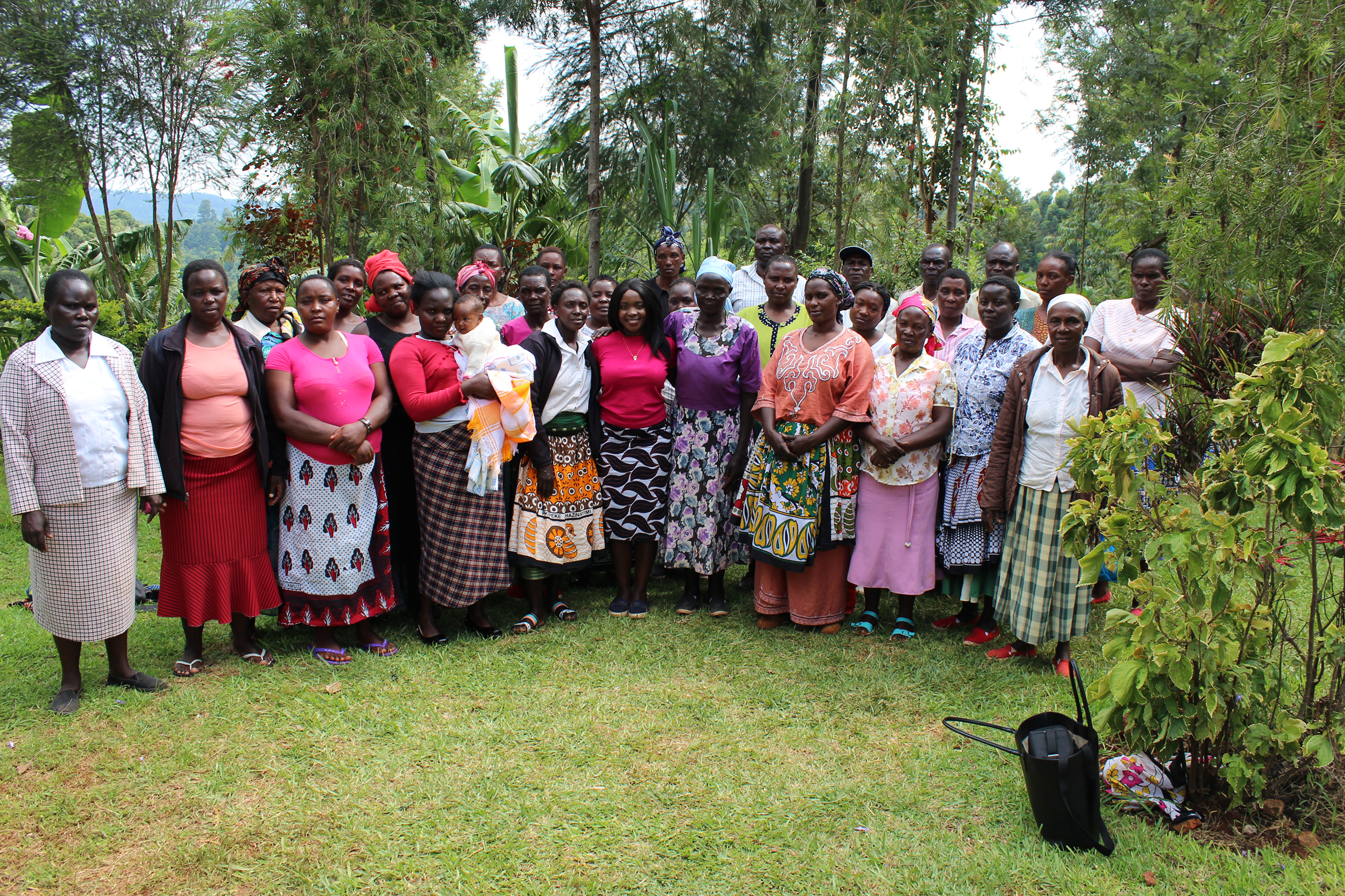
But Kenya has a waiting period for students who qualify for university. It could last up to two years. While she was waiting, she ran into American professors who were visiting Kenya. They encouraged her to consider studying in the United States. She applied and a received a scholarship to Smith College, a small liberal arts institution in Northampton, Mass., where she began her studies in 2007. After her undergraduate studies, she went back to Kenya to work for the World Bank.
“That’s, in a way, when I started seeing the forest from the trees,” she said. “I really started getting interested in development, how we can use policy, how we can used trade to make an impact in people’s lives.”
While working in Kenya, she did a lot of work in agribusiness, which strengthened her understanding of how the sector works. She got interested in learning how companies that packaged goods for retail to consumers procured the products.
But she left Kenya once again in 2014 to begin her graduate studies at Harvard Business School, after which she went to work in New York, covering Wall Street companies that retail consumer products.
In New York she began to think about coffee again. She noticed that people weren’t just drinking coffee; they were interested in where coffee was coming from and were ready to pay “premium price” for specialty coffee.
“What was surprising is that it’s actually really hard to find Kenyan coffee,” she said.
That’s when something clicked. Having grown up around coffee, and armed with her education and experience in business, Margaret Nyamumbo saw no one more qualified than her to introduce an authentic brand of Kenyan coffee to the world. But, there was one more challenge she had to overcome.
Her parents had sacrificed everything to make sure their children never had to rely on coffee. All six of them had either graduated from university, or were still enrolled. How would they react to hear that the one who had gone to Harvard and worked in prestigious places like the World Bank now wanted to quit and begin selling coffee?
“It nearly gave me a heart attack,” Daniel Nyamumbo said.
His wife Hellen was even more against the idea. But Daniel Nyamumbo, who has spent most of his life as an entrepreneur, gave his daughter a chance to present her business plan.
“After I understood it and explained to my wife that our daughter was not returning to pick coffee, but to help farmers get a better market for their coffee, she gave her blessings,” he said.
Margaret Nyamumbo said that although she was obsessed with coffee when she was a child, she did grow up to learn that it was not fun for the women who worked the fields. They worked long hours taking care of the crop. Many of them did not own the land they worked on because only male children and widows were allowed to inherit land.
All farmers sold their coffee cherries to a local cooperative society, which processed them and sent beans to Nairobi, where they would be sold at a government-run auction. Farmers got paid months later at a rate determined by the government. When the money came, men – who worked very little in the plantations – decided how it would be spent. Many became irresponsible and went on drinking sprees, leaving their wives with only a fraction. While Margaret Nyamumbo could not change men, she knew she could empower women by providing them with an alternative.

Margaret Nyamumbo’s father, who is also her company’s general manager in Kenya, buys coffee directly from farmers and ships it to Berkeley, Calif., where it is roasted and packaged for sale under the Kahawa 1893 brand. To make sure the women who supplied the coffee met their basic needs, the company began by sharing 25 percent of its profits with them. Later, Kahawa 1893 added a QR code on every package, which when scanned sends buyers to a page where they can use credit cards, PayPal, and even Bitcoin to tip the women who grow the coffee. It became an instant success, with some shoppers tipping many times more the cost of the coffee. The money arrives in the women’s M-Pesa mobile wallets, which gives them more control than they had before.
The money has revived enthusiasm for coffee farming, said Rangi, Margaret Nyamumbo’s primary school teacher. She explained that she and many women farmers in her village of Enamba had given up on coffee because the 20 shillings (about U.S. $0.20) they earned per kilo of fresh cherries was not worth it.
“There were women who had abandoned their coffee crop and let cherries fall and rot on the ground,” Rangi said.
It was during those desperate times, Rangi said, that Margaret Nyamumbo showed up. She visited dozens of farmers and began convincing them that she could find a better market for their coffee. Kahawa 1893 began working with agronomists and experts from the local coffee board to teach the farmers how to improve the quality of their coffee.
Rangi said the women began working together to apply the knowledge they had acquired. They formed small neighborhood groups and took turns to harvest coffee from each other’s farms. Gradually, the percentage of specialty-grade coffee they produced rose from 10 percent to 40 percent, according to Margaret Nyamumbo. The farmers’ earnings more than doubled and now range between $.50 and $0.80 per kilo. The extra money is already changing lives.
Susan Magoma Onsongo, a 44-year-old mother of three, said that with increased earnings, she is not only able to provide for herself and her children, but she can take care of her parents, who have poor health. She said she reinvested some of her earnings in chickens so that her family can have a reliable source of protein in their diet. She is also able to pay for her children’s education.
“Nowadays, I am so free of stress that if you looked at me you wouldn’t know I’m 44 years old,” Onsongo joked. “I look and feel like a 30-year-old girl.”
The women also pooled together the tips they received from Kahawa 1893 customers in the United States to buy a grain milling machine, which has created employment and become an additional source of income for members.
“Margaret has been a godsend,” Onsongo said. “We pray for her every day.”
About Edwin Okong'o - Mshale Contributing Editor
Edwin Okong'o is a Mshale Contributing Editor. Formerly he was the newspaper's editor.

